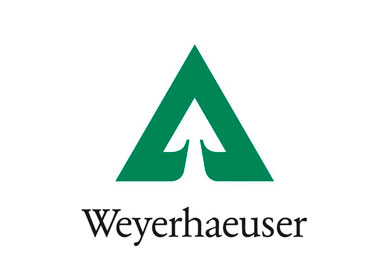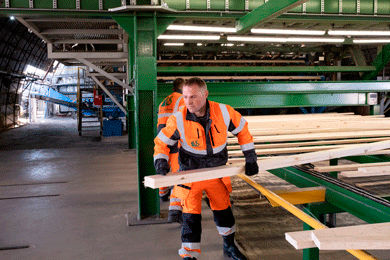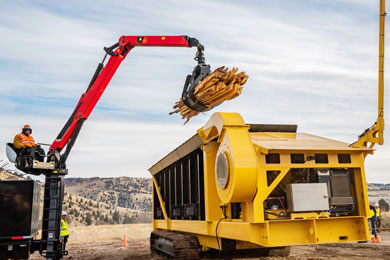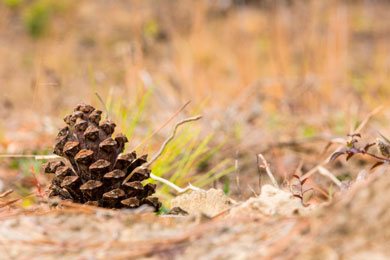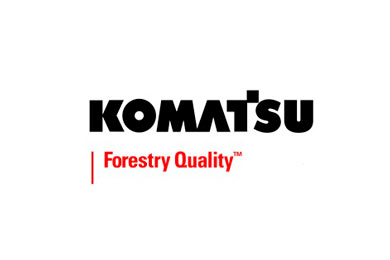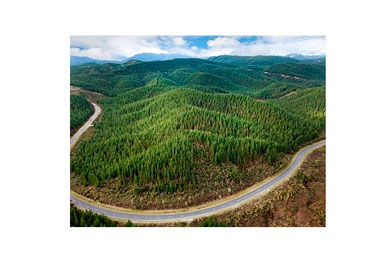Covid-19 – In this update from Te Uru Rakau, please find information on essential services, ports and registering as an essential service which will or should have been implemented as New Zealand went into Level 4 Alert for Covid-19 late on Wednesday.
At an industry teleconference on Wednesday, Forestry Minister Shane Jones clarified that the bar for essential services had been set deliberately high by the Government and there would be no stepping back from this in the current environment as this disease continues to spread.
Therefore, unless you are specifically identified as otherwise, you should assume that your businesses will need to shut down and that your key task is working to manage this, and to be supporting your people over the next four weeks so they can remain at home.
Please find below the list of essential services within the forestry and wood processing sector:
Essential services within the forestry sector
• Oji’s pulp and paper mill (Kinleith)
• Oji’s stand-alone Tasman chemical plant, for the purposes of producing chlorine for water treatment;
• Secondary wood processes for the purpose of producing shipping pallets, packing cases and other packaging requirements for supporting food, beverage and pharmaceutical supply only;
• Chip and pellet production for supply of essential domestic and industrial heating (such as for hospitals and food processors) using existing raw fibre stock;
• Norske Skog for nine days to produce sufficient newsprint for newspapers for four weeks;
• Dispatch operators within the supply chain ensuring the supply of existing stock materials to these producers. This includes dispatching existing stock from sawmills;
• Nurseries will be able to carry out maintenance to on capital stock and plants to keep them alive. They will not be able to open for business as usual.
Non-essential services
• Sawmills and all other producers of wood products including but not limited to Particleboard, plywood, MDF and LVL
• All secondary processors of wood products except those explicitly listed above.
• Logging harvesters
• These should be shut down by now.
Registering as an essential service
• Registering does not make your business an essential service. You should only register if you meet the strict lists and criteria listed above or on the website.
• If you register and you are not an essential service, you will be breach of the Alert Level 4 protocols. The Government will take such breaches seriously.
• If you are an essential service you must go online and fill out the appropriate forms, and adhere to all safety protocols.
• https://www.mpi.govt.nz/covid-19-essential-primary-sector-service-registration/
Transition period
• Te Uru Rākau had asked the Government mid-week to consider allowing operators to apply for an extension time to shut down processing plants where this is necessary to avoid damaging equipment (e.g. when it takes time to safely shut down boilers).
• If you are in this position you should have contacted Julie Collins or Jason Wilson Jason.wilson@mpi.govt.nz.
Reviewing essential services list every seven days
• Te Uru Rakau have committed to reviewing the list of essential services every seven days.
• However, please remember the bar for essential services is extremely high. While there may be some tweaks, there are unlikely to be significant changes to the list of essential services.
• People and their safety will be the priority in all decision making.
Ports update
• After midnight on Wednesday there should be no logging trucks, taking inventory to ports.
• The use of essential workers to move essential goods and provide essential services is paramount and must be prioritised above all other goods and services at the Port. Only in the following circumstances can non-essential goods at a port be transported:
1. if essential workers are already located at the port for the purpose of dealing with essential goods; and
2. if the movement of non-essential goods at the Port does not impact on:
2.1 the movement of essential goods or
2.2 the delivery of essential services at the Port; or
3. if the movement of non-essential goods are required to create space for essential goods and the movement of essential goods within the port and across the supply chain.
See Transport Sector Essential Services You will need to work with your individual Port operators to establish what that means for the port/ports you operate out of.
Your priority needs to be helping keep people safe
• Te Uru Rakau have stressed while there are essential services within the wood processing industry, they expect strict safety procedures to be followed. Contact with people should be limited where possible. Social distancing between workers should be used. You can find all of the restrictions and safety requirements at Covid19.govt.nz
• Any non-essential personnel should be working from home or simply staying home.
Source: Te Uru Rakau

